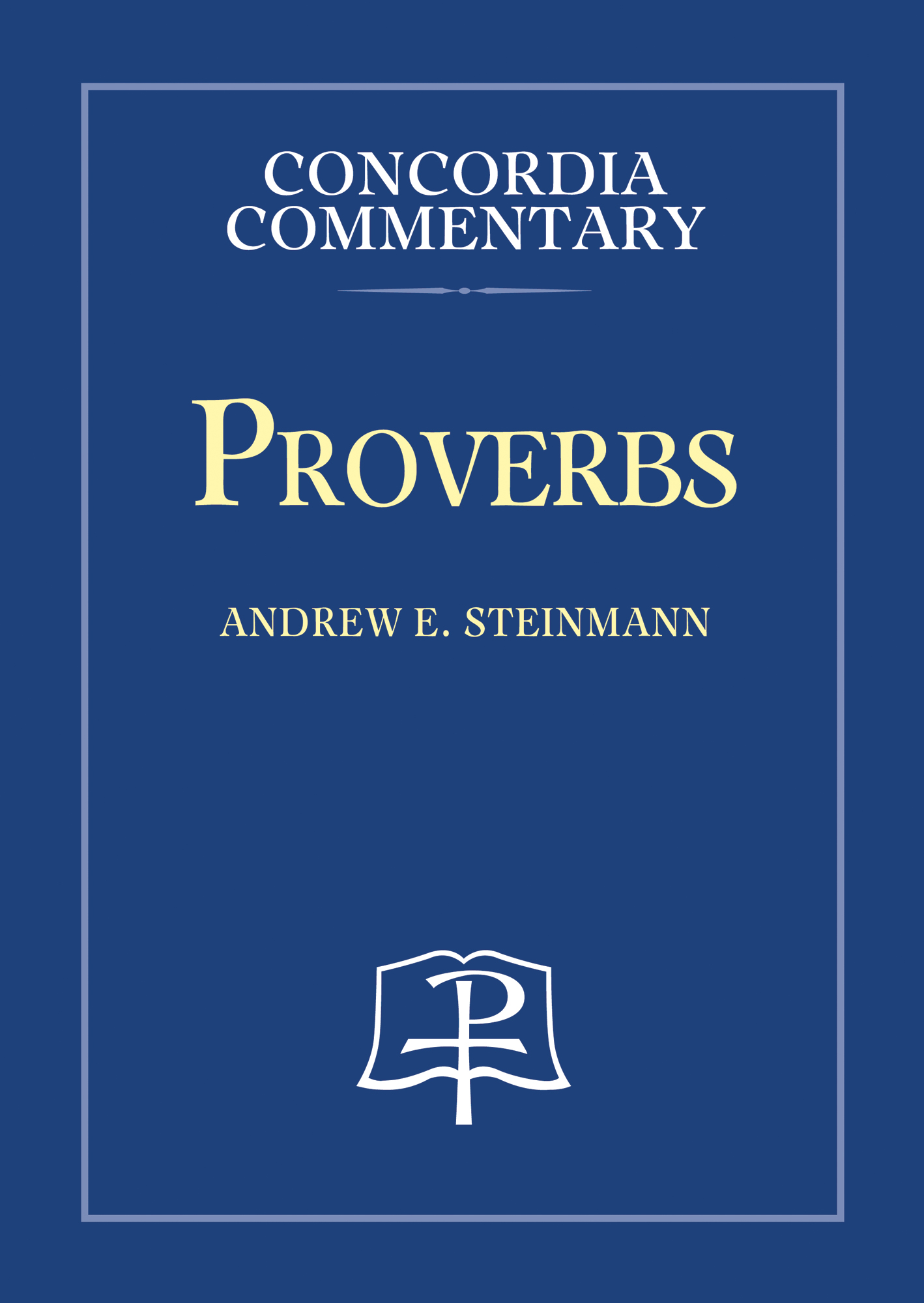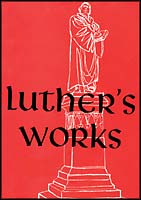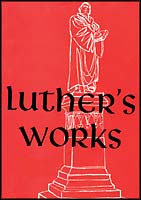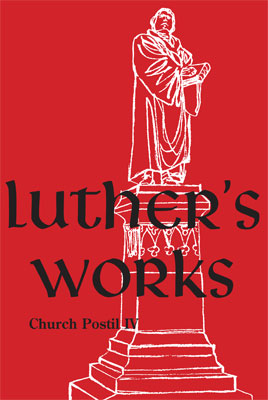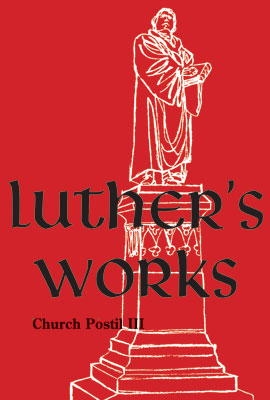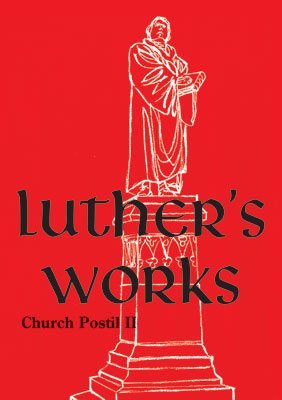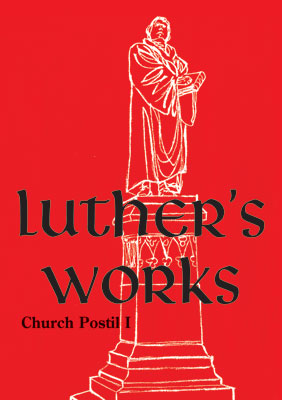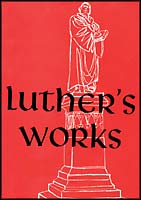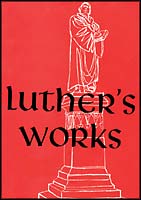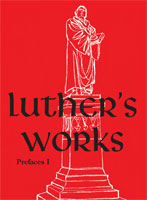This volume completes the Church Postil, bringing forth Luther’s sermons on Epistle and Gospel texts from the Eleventh Sunday after Trinity to the end of the Church Year, plus Luther’s sermons on Ephesians 6:10-17, which have never before been translated and were previously omitted from the Church Postil.
Luther’s preaching in the Summer Postil, as edited by Caspar Cruciger, is mostly didactic and hortatory. His sermons are often expository, explaining the biblical text verse by verse, and sometimes topical, teaching subjects that the biblical text mentions. In both cases, his preaching sticks close to the Bible. As a result, his sermons present the Law and the Gospel in manifold ways and succeed in avoiding formulaic expressions and clichés.
In this work, Luther admonishes and teaches his hearers constantly, but he also consoles their consciences. He does this in accord with the text he is preaching. In all cases, God reveals Himself as the believer’s loving Father. The basis of this loving, paternal relationship is the mediation of the Son, Jesus Christ, in terms of His obedience to God’s Law, bearing His people’s sins, taking God’s wrath upon Himself, His suffering and death, and interceding for His people. Luther emphasizes that the results of this Gospel are real. Believers are improved in heart, mind, and behavior. Christians begin to conform to God’s will and Law, and they even partake of the divine nature. Over and over, Luther describes the Christian life as a struggle between faith and doubt, or between faith and other vices, or between the believer and the devil.
Luther has been characterized as the man between God and the devil, and the same thing could be said about his postil sermons. Here Luther is a theologian of the church militant, battling Satan’s temptations in the hearts of his hearers using God’s weapons—most especially the Spirit-bestowing Word of God.

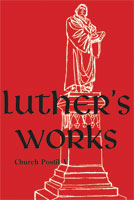
 Back
Back
